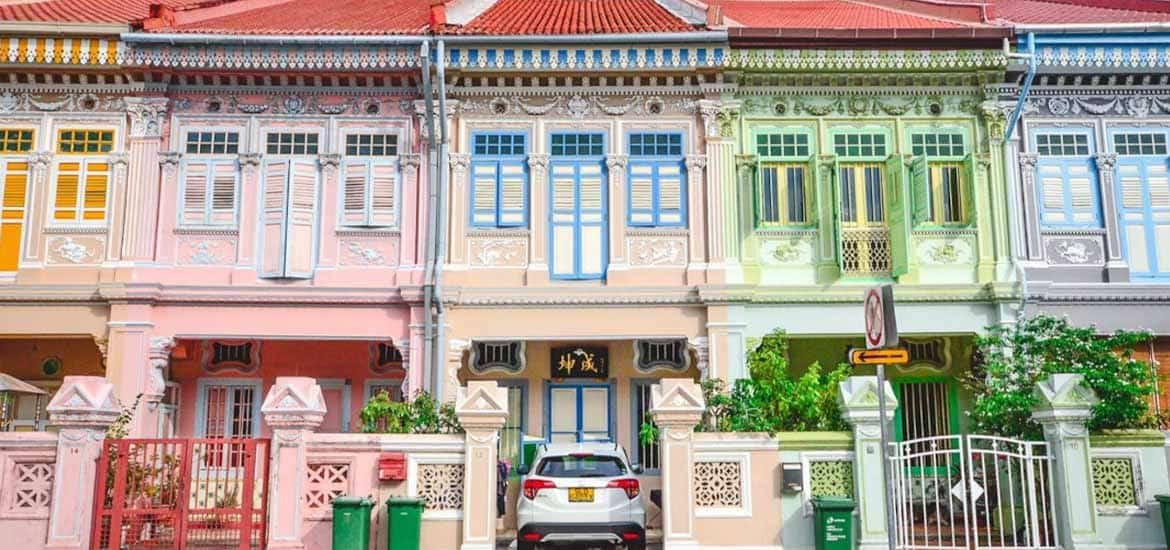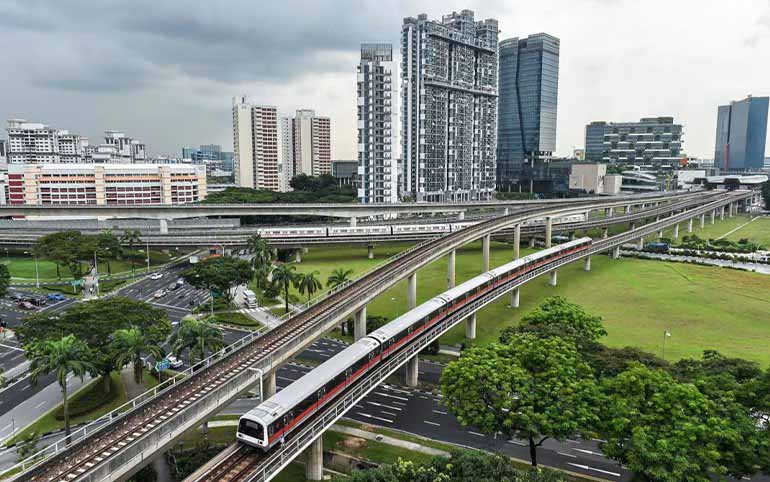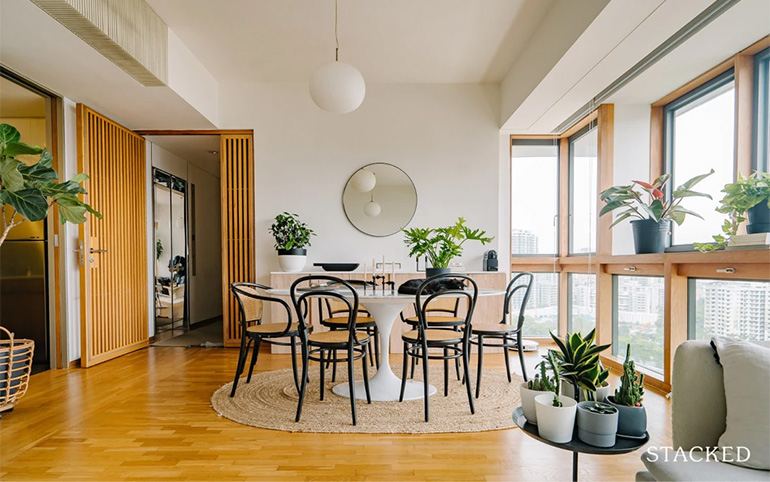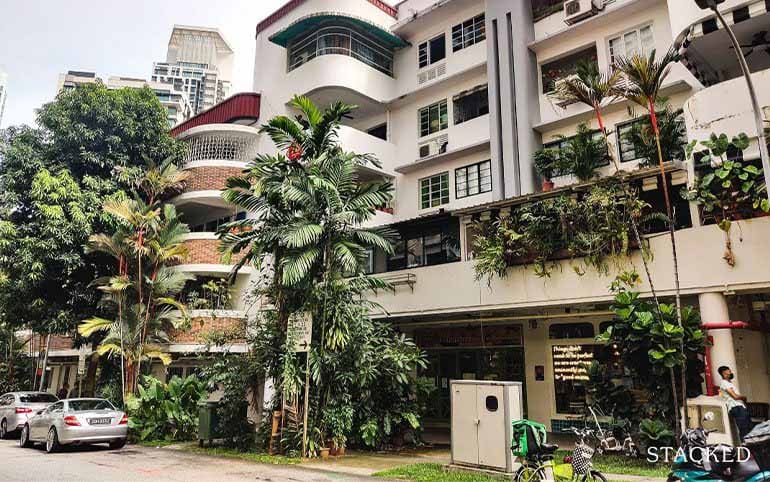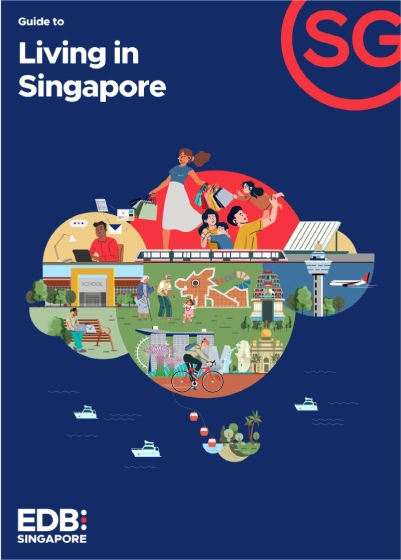Moving to a new country is an exciting and transformative experience, but it can also be a daunting and overwhelming process. If you’re considering relocating to Singapore, you’re in for a treat! As one of the most popular destinations for expats in Asia, the island offers an incredible blend of modern city living, cultural diversity, and high-quality education and healthcare.
In this article, we’ll provide you with a comprehensive guide to settling in Singapore, covering everything from visa requirements and cost of living to housing options and cultural norms.
Here are 10 tips to get you ready for your new life in the city.
1. Secure a job to qualify for a work visa
You’ll need to obtain at least a job offer before a work pass can be granted for your stay in Singapore. As an example, a typical Employment Pass requires a minimum salary of SGD5,000 (USD3,700). For more on the various pass types and requirements, as well as passes for your accompanying family members, read our guide to work passes.
At the same time, do note Singapore’s income tax system, which taxes non-residents at a flat rate of 15% or 24%*. Tax rates for residents are progressive, ranging from 0% for the first SGD20,000 (USD15,000) to 24% for income beyond SGD1,000,000* (USD740,000).
*From 2024 onwards
